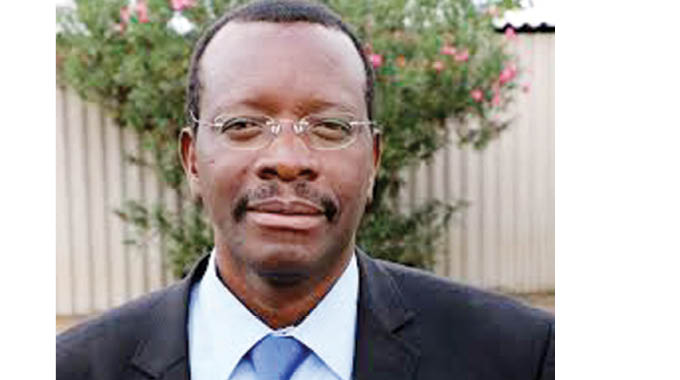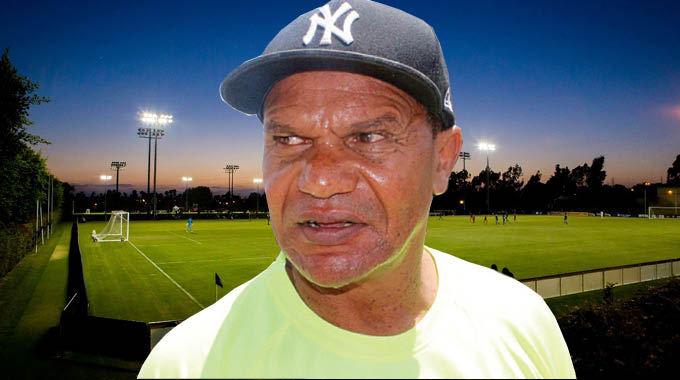100 000 seek help for depression and anxiety

Michell Zvanyanya, Chronicle Reporter
ABOUT 100 000 Zimbabweans suffering from depression and anxiety sought counselling last year compared to about 30 000 in 2017 as more people open up regarding mental illness.
The 2019 Friendship Bench Services, African Mental Health Research Initiative report (AMARI) revealed the statistics.
Friendship Bench is a Government initiative to bridge the mental health treatment gap.
According to the report, a majority of people in Africa suffer from mental health illness.
“To date there are about 100 000 people who have visited the friendship bench,” read the AMARI report.
AMARI states the African countries including Zimbabwe however have insufficient medical facilities for people suffering from mental health illness.
“Research shows that Africa has just one mental health worker per 100 000 mental health illness patients compared to the global rate of nine workers to 100 000 patients. More so, in Africa, there are few medical facilities that accommodate and treat patients suffering from mental health illness.”
The Friendship Bench was created as a community development programme to provide a different approach to mental illness treatment.
It involves outdoor therapy sessions on benches in a secluded area within the compound of clinics in the community which are facilitated by elderly women in the community on voluntary basis.
According to the report, more than 600 elderly women have been trained in evidence based-talk therapy since its inception.
“The training has been done for free in more than 70 communities, both rural and urban in Zimbabwe. In 2017 more than 30 000 people were involved in the therapy sessions. Results have also shown that since the introduction there has been a decrease in the number of persons suffering from mental health illness,” reads the report.
“Now, the ‘’friendship Bench’’ programme has travelled beyond the borders of Zimbabwe. Places like Malawi, Zanzibar, and New York City have adopted the same approach with the hope of decreasing the number of people suffering from mental health problems just as it has helped in Zimbabwe.”
Last year police in Bulawayo recorded a surge of suicide cases due to social pressures in the city.
Mpilo Central Hospital clinical director, Dr Solwayo Ngwenya, said depression was the cause of most suicide cases that were recorded at the institution.
A local psychiatrist Miss Jacqueline Nkomo said depression is a major cause of suicide in the world, although most Africans do not take it seriously. – @michellzvanyanyan2












Comments